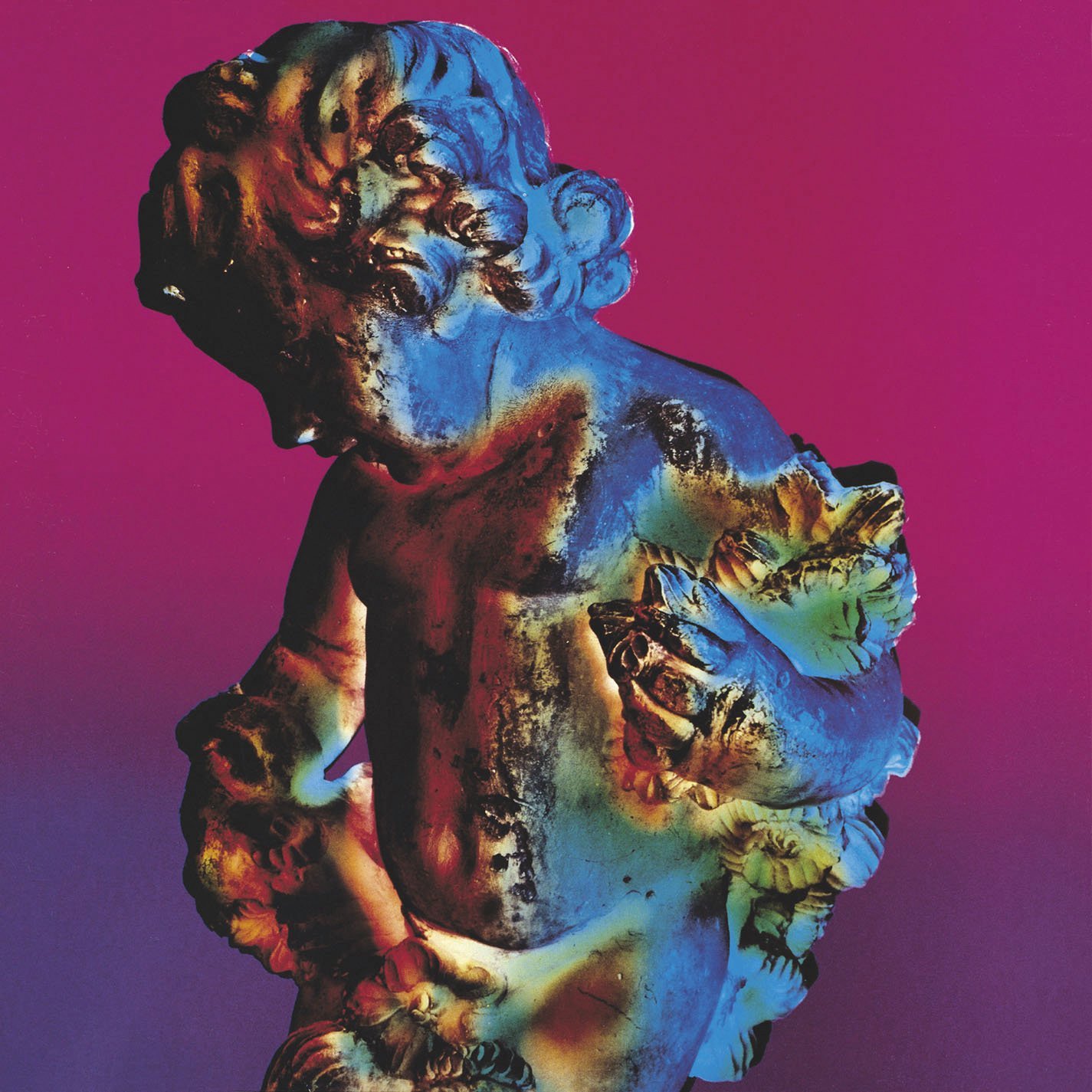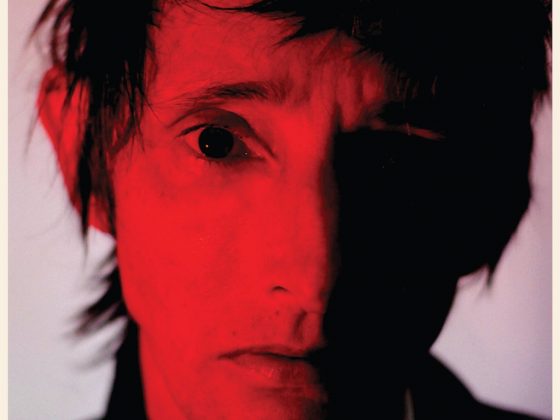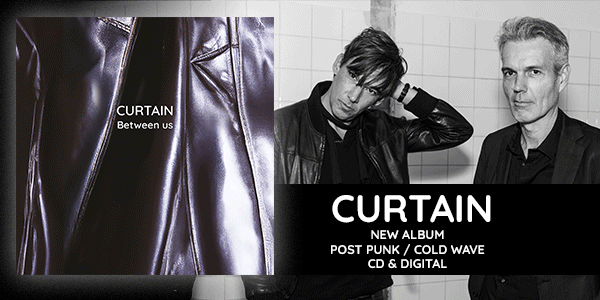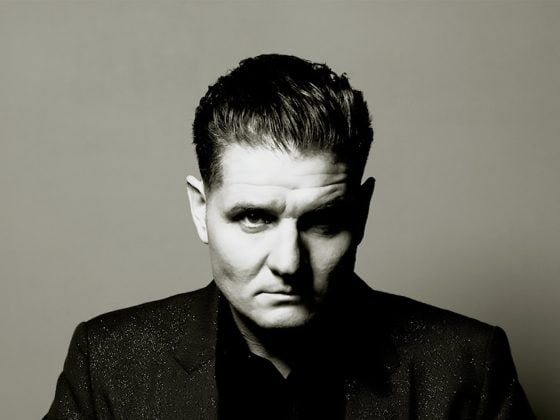On January 30th, 1989, New Order released their fifth studio album, Technique. The album included the singles “Fine Time”, “Round & Round” and “Run”.
Published at the end of the 80s, the takes up the influence of Madchester, to which New Order contributed massively. After the band founded the Haçienda night club with Factory Records, bands like Happy Mondays emerged, fooling around with Acid House-, Electronica- and Post Punk influences—all heavily influenced by New Order.
Being a “veteran” band, being around for nine years, it was the group’s duty to display that they’re still the best in the game they invented.
Audibly, the New Order lightened up their sound after their bleak previous recordings. While Brotherhood, and significantly Low-Life’s, danceability was overshadowed by a considerable amount of darkness, the first single on Technique, “Fine Time”, showed a different side of the band—with smiles not as sarcastic as they used to be!
And apparently, it all worked very well, considering that the heavily Acid House fueled track, drenched in Ibizan happiness, peaked No 1 in the UK Indie Charts, and the follow-up single “Round and Round” peaked No 2. All in all, a profoundly encouraging situation.
But as Technique marked the end of the 80s for New Order, it was also the last album they released on Factory Records before the label went bankrupt. Tony Wilson was an excellent talent scout but not so much so interested in being a businessman, given his Situationist leanings. Thus Factory faced growing financial issues. The record label was no more by the end of 1992 after the highly anticipated fourth album of New Order’s label mates, The Happy Mondays, turned out to be a miserable failure.
As New Order’s success wasn’t big enough to cover these losses, like how the singles compilation Substance saved had Factory in the late 80s). So the label’s collapse was just a matter of time. Eventually, New Order would move on to London Records, releasing their 1993 follow-up record, Republic, their last album until 2001.
Certainly, Technique holds a unique position in New Order’s discography. It is not precisely as revered as the band’s all-time classics Power, Corruption and Lies or Low-Life, but it makes excellent sense in context. And it is a legendary electronic music album in its own right. It might be the kind of album New Order always aimed to create, and the influence of the contemporary Ibiza club music certainly re-shaped the band’s sound.















 Or via:
Or via: